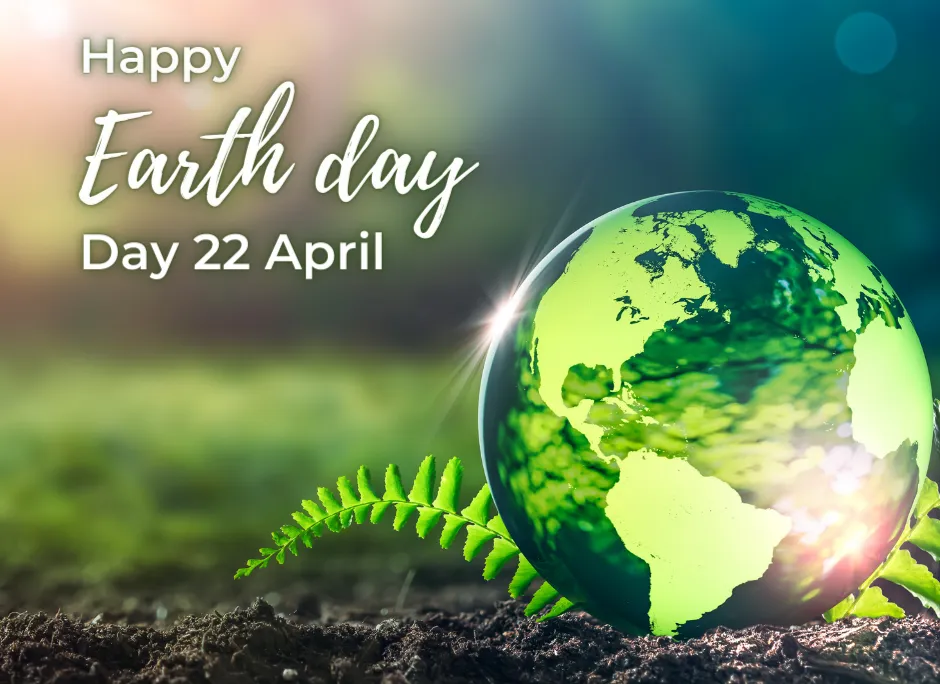
BC Transit, a public agency transportation agency in western Canada, is offering free rides in some areas today as part of global Earth Day.
Passengers in the regions of South Okanagan-Similkameen, Victoria, West Kootenay and Whistler in the province of British Columbia can keep their passes in their wallets as they get aboard any BC Transit operation.
BC Transit said that Earth Day “highlights the importance of sustainability and encourages people to make choices that reduce greenhouse gases and help protect our environment. Taking public transit is one way to make a difference and the following transit systems are providing free transit for both fixed-route and ‘handyDART services’.”
The agency said that its Low Carbon Fleet Programme is underway in support provincial targets for GHG emissions and aligns with CleanBC, the provincial government’s plan to lower climate-changing emissions by 40% by 2030.
The current province-wide bus fleet has more than 1,100 buses with 280 of them running on compressed natural gas – CNG. All of the buses running on CNG use a biofuel called renewable natural gas (RNG) which is produced from organic waste or other renewable sources. For diesel vehicles, BC Transit uses hydrogenated-derived renewable diesel (HDRD) in some of its buses. Both RNG and HDRD are cleaner, more sustainable fuel options that help reduce the carbon footprint of BC Transit’s fleet.
Funding is also now in place for the addition of 141 electric buses in the future.
The official theme for 2024 Earth Day is Planet vs Plastics. The main message this year is to raise awareness of the health risks of plastics, with a goal to phase out the use of single-use plastics. Earth Day was first celebrated in the US in 1970.







